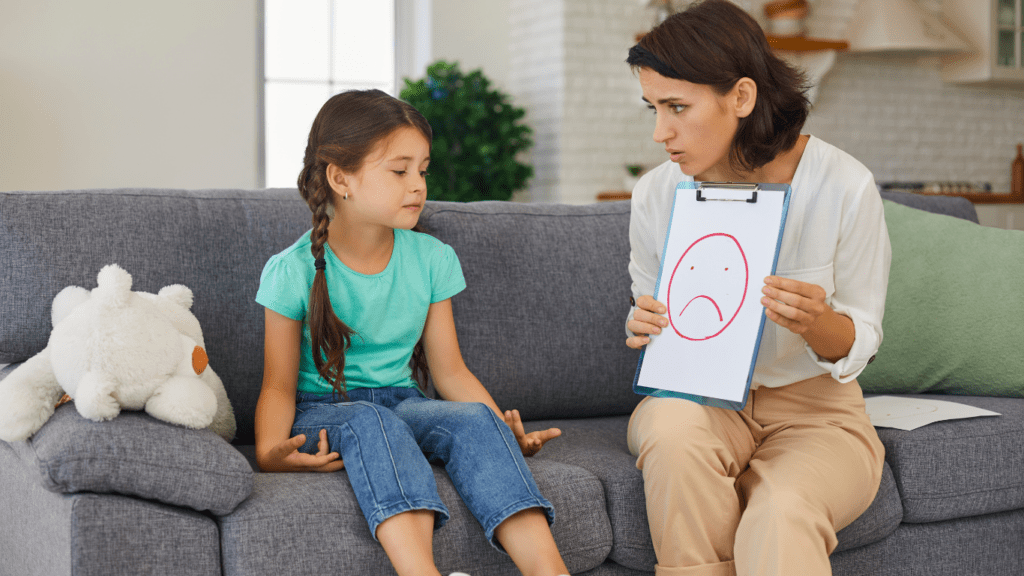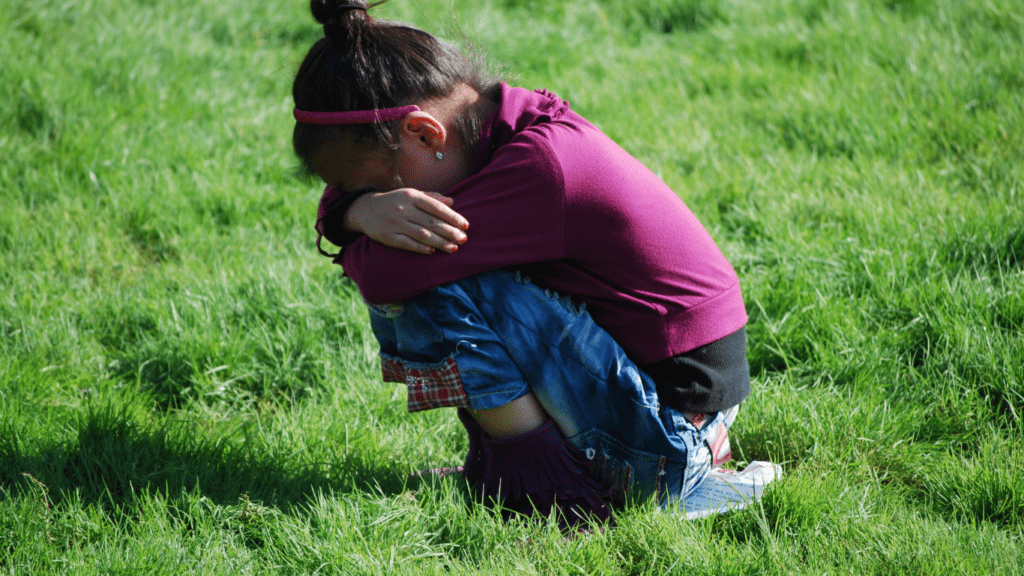Understanding Stress in Children
Children often experience stress due to various factors, and understanding it is crucial for providing the right support. I’ll delve into identifying stress and its impact on development.
Signs of Stress in Kids
Recognizing stress in children is the first step. Behavioral changes like:
- aggression
- withdrawal
- sudden mood swings
Can indicate stress. Physical symptoms such as:
- headaches
- stomachaches
- frequent illnesses might also be stress-related
Sleep disturbances, like nightmares or insomnia, are common indicators. Academic performance can drop when a child is stressed, manifesting in declining grades or reluctance to attend school.
How Stress Affects Children’s Development
Stress can significantly impact a child’s development. Prolonged stress might impair cognitive abilities, leading to memory and concentration issues. Emotional development can suffer, resulting in increased anxiety, depression, or difficulty managing emotions.
Social skills might decline, as stressed children often have trouble forming or maintaining relationships. Physical health may deteriorate over time, with stress contributing to long-term health problems, like obesity, diabetes, or cardiovascular issues.
Effective Stress Management Techniques

Parents play a crucial role in helping kids manage stress. Implementing effective techniques can empower children to handle stress better.
Encouraging Open Communication
I always prioritize open communication to create a supportive environment. Kids feel safe when they know they can express feelings without judgment. Regular family discussions about daily experiences ease stress.
Simple questions, like “How was your day?” show kids that their thoughts and feelings matter. Praising them for sharing helps build confidence in their ability to cope with stress.
Introducing Relaxation Practices
I introduce relaxation practices to help kids unwind.
- Deep breathing exercises, for instance, reduce stress by calming the nervous system.
- Guided imagery encourages kids to imagine peaceful scenarios, which shifts focus from stressors.
- Consistent routines, like a bedtime ritual with reading and soft music, promote better sleep and lower stress levels.
- Yoga for children, with simple poses, also helps increase mindfulness and relaxation.
The Role of Routine and Environment
Establishing consistent routines and a supportive environment helps kids manage stress effectively. It lays a foundation for stability and security.
Creating a Supportive Home Environment
A nurturing home environment promotes emotional well-being. Foster open communication by setting aside daily time for family conversations. Ensure the space is organized and free from clutter to reduce anxiety.
Create a designated quiet area where kids can relax and collect their thoughts. Incorporate calming elements, such as soft lighting or nature sounds, to enhance tranquility.
Benefits of Structured Daily Routines
Structured daily routines provide predictability. Regular schedules for meals, homework, and bedtime create a sense of order. Consistent routines help kids understand expectations, which reduces uncertainty and stress.
I recommend integrating short breaks during study time to maintain focus and prevent burnout. Scheduling family activities and relaxation periods ensures a balanced lifestyle.
Empowering Children to Manage Stress
Empowering children to manage stress sets the foundation for lifelong well-being. Parents play a crucial role in teaching strategies that foster resilience and self-confidence.
Teaching Problem-Solving Skills
Teaching problem-solving skills enhances a child’s ability to navigate stress. I encourage kids to break down problems into smaller, manageable parts. For instance, if they’re overwhelmed with homework, we break tasks into sections, tackling one at a time.
I teach brainstorming possible solutions and evaluating their consequences, fostering critical thinking. Together, we create action plans, which gives them a sense of control and reduces anxiety.
Instilling Confidence and Resilience
Instilling confidence and resilience helps children handle stress better. I praise efforts rather than outcomes, reinforcing that mistakes are part of learning. Positive affirmations boost their self-esteem and encourage a growth mindset.
When challenges arise, we discuss past successes and strategies used, empowering them to face difficulties head-on. I also model resilient behaviors by remaining calm and solution-focused during stressful situations, showing them practical ways to cope with adversity.

 Cynthian Holleyori is a skilled article writer who has been integral to the development of Toddler Health Roll. Her deep understanding of child health and development is evident in her well-researched and practical articles, which provide parents with essential guidance on raising healthy toddlers. Cynthian's contributions have significantly shaped the platform, ensuring that it addresses the most pressing concerns of parents and caregivers.
Beyond her expertise in toddler health and nutrition, Cynthian also delves into the mental and emotional well-being of young children. She offers valuable parenting strategies that help families foster a nurturing and supportive environment for their toddlers. Her dedication to building Toddler Health Roll has made it a trusted and comprehensive resource for parents committed to their children's growth and happiness.
Cynthian Holleyori is a skilled article writer who has been integral to the development of Toddler Health Roll. Her deep understanding of child health and development is evident in her well-researched and practical articles, which provide parents with essential guidance on raising healthy toddlers. Cynthian's contributions have significantly shaped the platform, ensuring that it addresses the most pressing concerns of parents and caregivers.
Beyond her expertise in toddler health and nutrition, Cynthian also delves into the mental and emotional well-being of young children. She offers valuable parenting strategies that help families foster a nurturing and supportive environment for their toddlers. Her dedication to building Toddler Health Roll has made it a trusted and comprehensive resource for parents committed to their children's growth and happiness.
